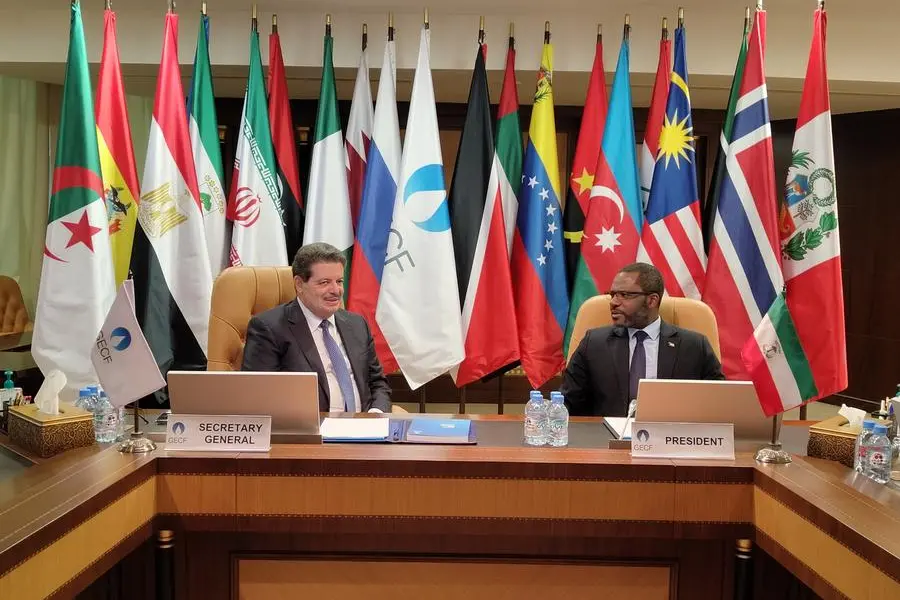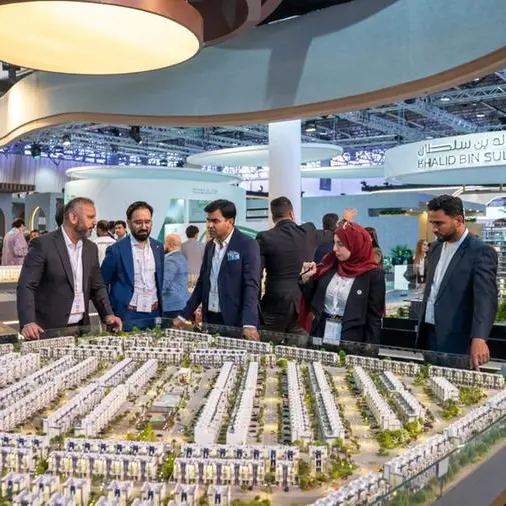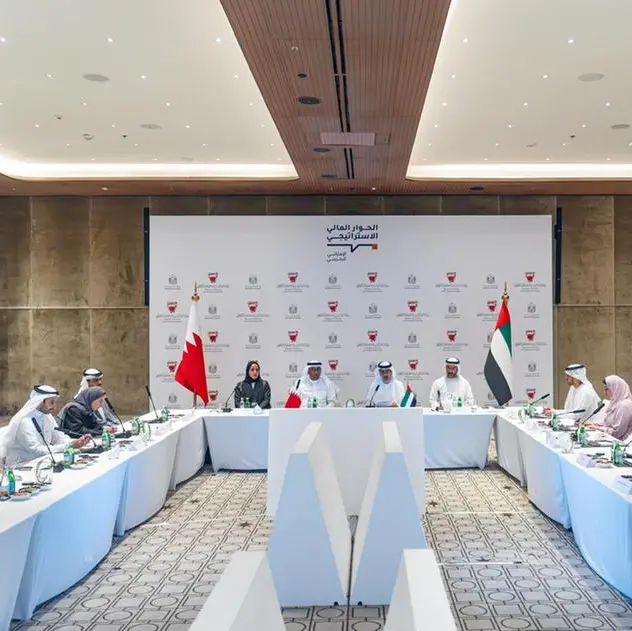PHOTO
Doha, QATAR: The Gas Exporting Countries Forum (GECF) today launched the latest edition of its annual Global Gas Outlook 2050 (Outlook), in the presence of the 2023 President of the GECF, HE Gabriel M. Obiang Lima, Minister of Mines and Hydrocarbons, Republic of Equatorial Guinea.
The key findings show that by 2050:
- Global GDP will more than double, from US$ 95 trillion today to US$ 210 trillion in real term
- Population growth will see 1.8 billion additional people in 2050 with most of this rise taking place in Africa and the Asia Pacific
- Energy demand is expected to rise by 22% by 2050
- Natural gas’ share in the energy mix will go from 23% today to 26% in 2050
- Natural gas supply will increase by 36%
- Natural gas trade will expand by more than a third, led by LNG, which will overtake pipeline trade by 2026
- Upstream investment required over the forecast period is a hefty US$ 9.7 trillion
A synopsis version of the GECF Global Gas Outlook 2050 is available here.
HE Lima said: “The GECF Global Gas Outlook 2050, has become over the years an essential consultation tool for the natural gas industry, governments, academic institutions such as universities and for the general public, which makes me congratulate the entire GECF team that has worked for the edition of this consultation and management tool.”
HE Eng. Mohamed Hamel, Secretary General of the GECF, emphasised that all energy sources and technologies will be required to satisfy the world’s growing energy needs, while improving air quality and reducing greenhouse gas emissions.
HE Hamel said: “The uncertainties have never been so large, and the challenges so profound. What is nevertheless clearer, and more crucial, is the energy trilemma: how to ensure a secure, affordable, and sustainable energy system over the short- to long-term? What steps should be taken to ensure that energy is available for socio-economic development, while concurrently protecting the environment?”
The Outlook seeks to answer these pressing questions by examining the global and regional economic growth prospects, demand and supply of energy, natural gas trade and investment, the effects of policies, technological developments, and various other drivers.
Meanwhile, the two newly-developed alternative energy scenarios of Energy Sustainability Scenario and Accelerated Energy Decarbonisation Scenario consider ending energy poverty and promoting economic growth in Africa, and possible pathways for faster global decarbonisation, respectively.
About Gas Exporting Countries Forum:
The Gas Exporting Countries Forum (GECF) is an international governmental organisation currently comprising 19 member countries: Algeria, Bolivia, Egypt, Equatorial Guinea, Iran, Libya, Nigeria, Qatar, Russia, Trinidad and Tobago, United Arab Emirates, and Venezuela as Members, and Angola, Azerbaijan, Iraq, Malaysia, Mozambique, Norway, and Peru as Observers. Together, the GECF member countries represent 72% of the global proven gas reserves, 44% of marketed production, 56% of exports by pipeline and 52% as LNG.
The GECF is headquartered in Doha, Qatar.
Linkedin.com/company/gecf-news/
##




















